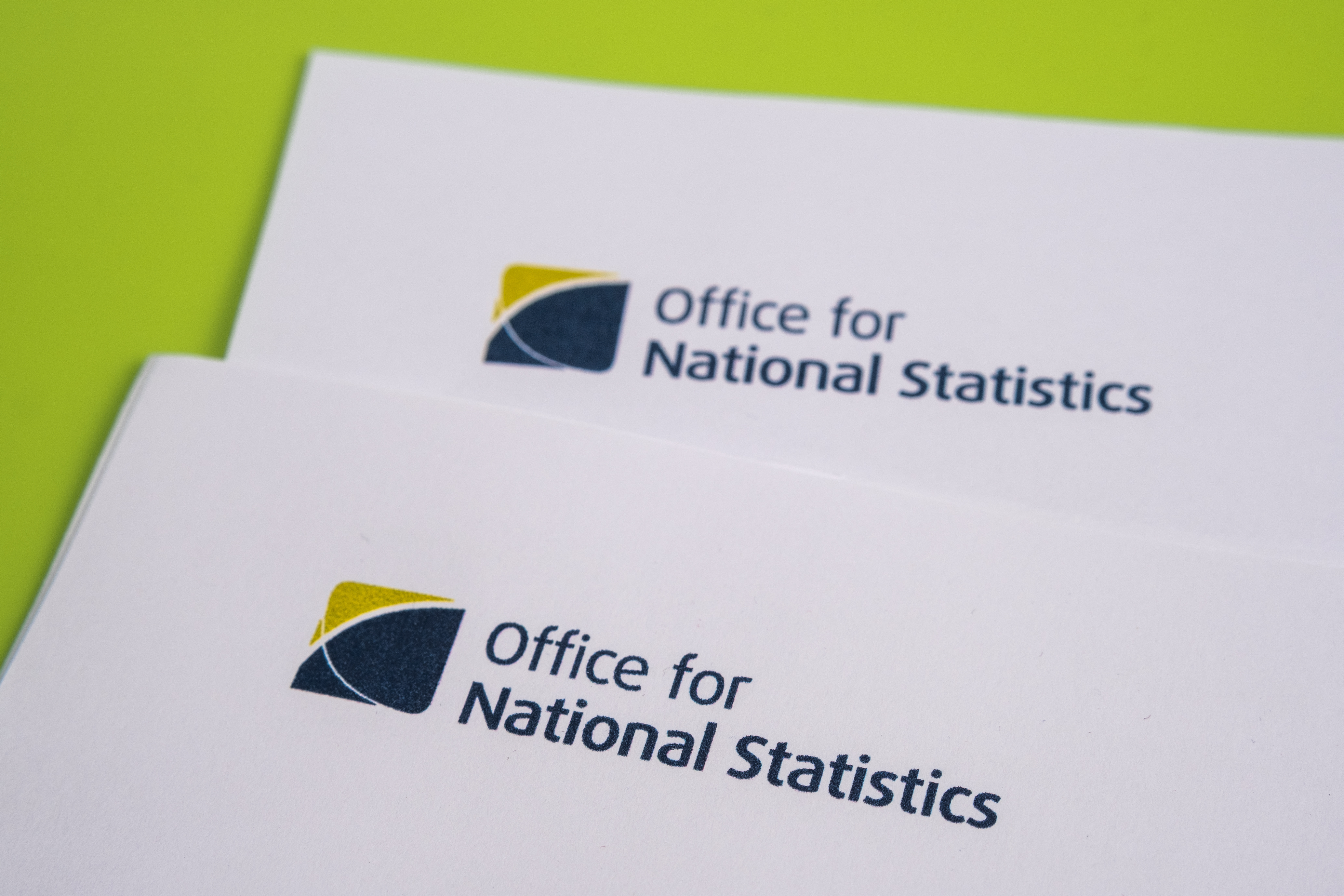
The UK’s goods trade deficit widened in August as a 2.2% rise in exports was overshadowed by a 4.5% increase in imports.
Figures from the Office for National Statistics (ONS) to August 2022 show that the total trade in goods and services deficit, excluding precious metals, rose by £25.6 billion compared with the three months to May 2022, up £0.2 billion.
According to the ONS, goods exports to the EU fell by 1.5%, driven by a fall in chemicals and fuels exports, while non-EU exports rose by 4.1% with big rises in machinery and transport exports, fuels and miscellaneous goods.
Trade momentum
Commenting on the figures, Resolution Foundation economist Emily Fry tweeted that the UK’s post pandemic trade performance was lagging and that “a global trade slow-down could be a concern for UK policymakers”.
High gas prices in August 2022 affected the rise in values of non-EU goods imports into the UK, with elevated levels of fuel imports from non-EU states resulting in non-EU goods imports values being at their highest levels since records began in 1997.
Imports from the EU declined by 1.9% in August, with imports from non-EU countries rising by 13.3%.
Britain’s trade deficit hit a near all-time high in the three months leading up to July, as previously covered in the IOE&IT Daily Update.
GDP down
A surprise 0.3% drop in UK GDP strengthened predictions that it will fall into a recession, reports the BBC.
Analysts thought the economy would stall in August but ONS figures indicate shrinkage as costs mount for businesses and households.
An increase in GDP of 0.1% in July was a blip and mostly caused by a modest rebound from the Queen’s platinum jubilee celebrations, reports the Guardian.
Manufacturing declined by 1.6% while a rise in housebuilding activity offset a decline in maintenance to leave the construction sector 0.4% larger.
Recession
Reuters reports that the data shows Britain’s economy looks set to go into recession.
The International Monetary Fund said on Tuesday it expected British GDP to grow in 2023 but only by 0.3%.



